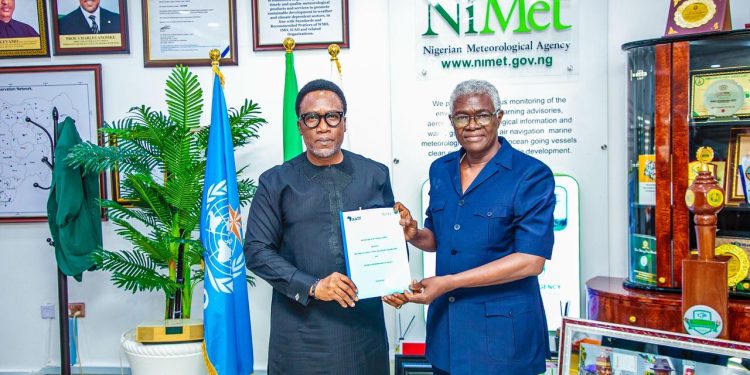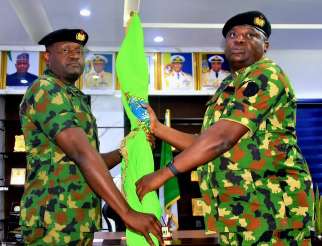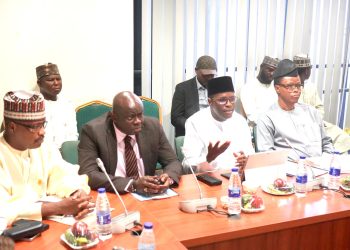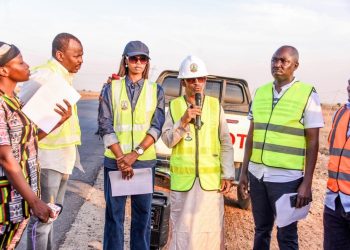By Nkechi Eze
In a decisive step towards strengthening Nigeria’s agricultural resilience to climate change, the Nigerian Meteorological Agency (NiMet) and the African Agricultural Technology Foundation (AATF) have signed a Memorandum of Understanding (MoU) to drive climate-smart innovations and empower farmers with vital weather-based solutions. The agreement was formalised today at NiMet’s headquarters in Abuja.
Under the partnership, NiMet and AATF will work jointly to develop climate-smart weather tools, build capacity for farmers, and promote technologies that safeguard agricultural value chains against the adverse impacts of climate change. The collaboration also targets women- and youth-led micro, small, and medium-sized enterprises (MSMEs) in agriculture, ensuring that they have access to resources and knowledge needed to thrive in an era of increasing climatic uncertainty.
Speaking at the signing ceremony, NiMet’s Director General/Chief Executive Officer, Prof. Charles Anosike, described the MoU as a milestone in supporting Nigeria’s farming communities. “For agriculture to be truly climate-resilient, access to reliable weather and climate information is essential. This MoU enables us to combine our expertise with AATF to deliver impactful solutions to farmers,” he said, underscoring the importance of timely and accurate data for agricultural decision-making.
In his remarks, Dr. Jean Baptiste Tignegre, Regional Director of AATF, reaffirmed the foundation’s mission to eliminate the obstacles that prevent smallholder farmers in sub-Saharan Africa from benefiting from transformative agricultural technologies. “This partnership with NiMet is an important step in ensuring that farmers in Nigeria are better equipped to face climate challenges. Collaborations like this can scale innovations that will improve food security and livelihoods,” he noted.
The agreement outlines a broad framework for cooperation, including capacity building on climate-smart agricultural tools, provision of technical support in agreed project locations, and the joint development of funding proposals to finance climate-resilient technologies. The two organisations will also prioritise transparent project implementation, joint planning, and alignment of strategies while maintaining their individual mandates.
Running until January 31, 2028, the MoU signals a shared commitment to enhancing farmers’ adaptability to changing climatic conditions, strengthening agricultural value chains, and contributing to sustainable food security across Nigeria.

















